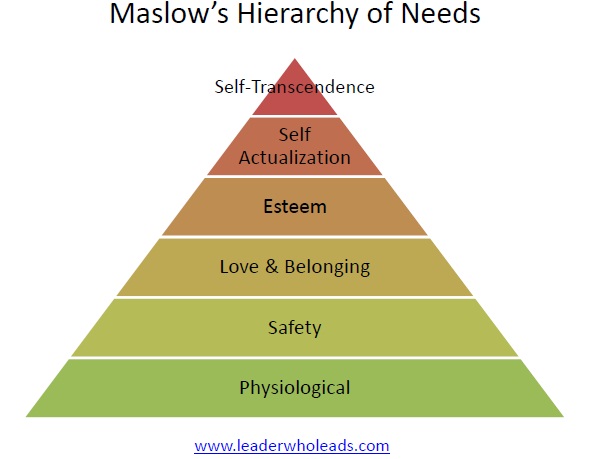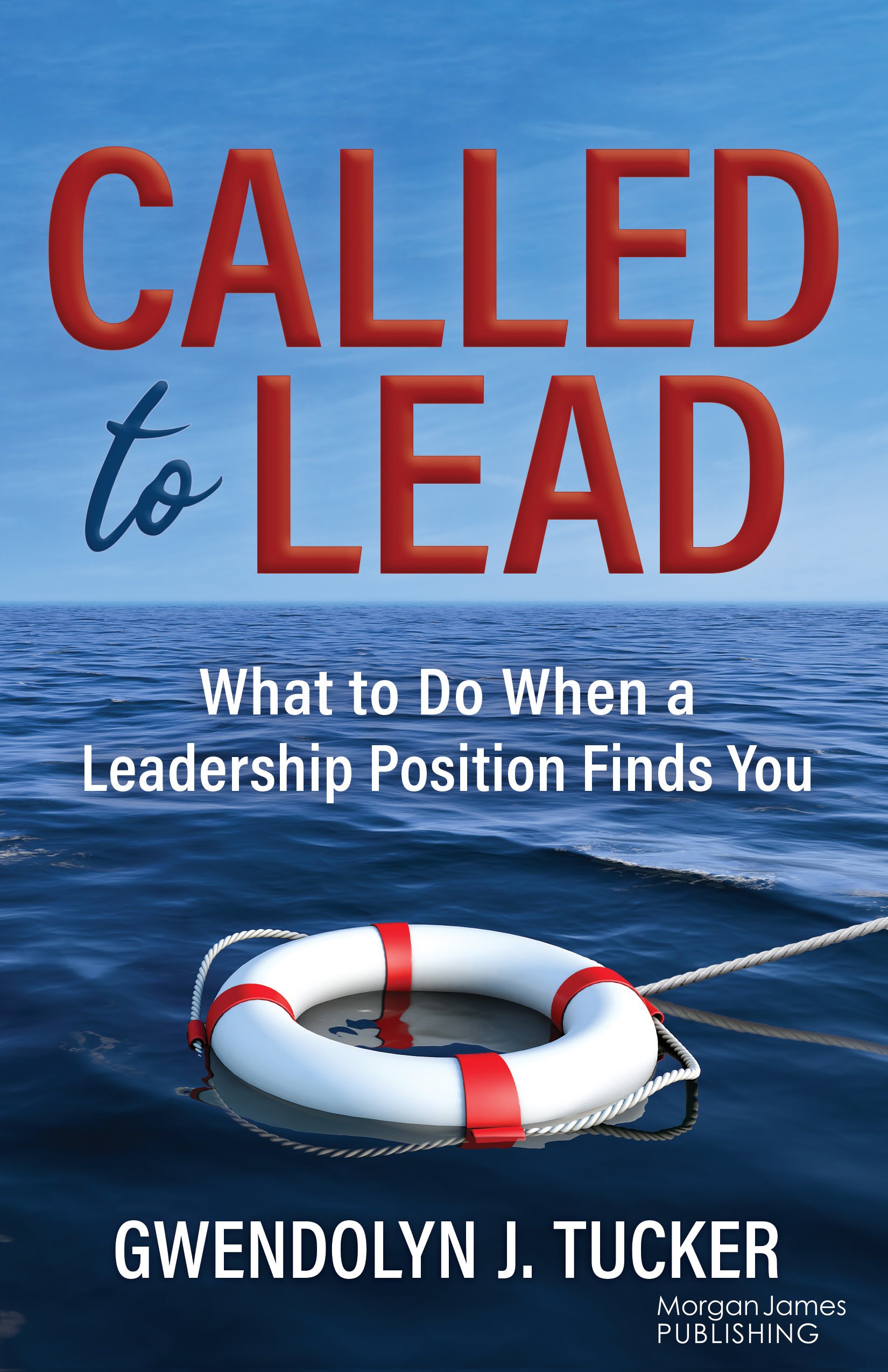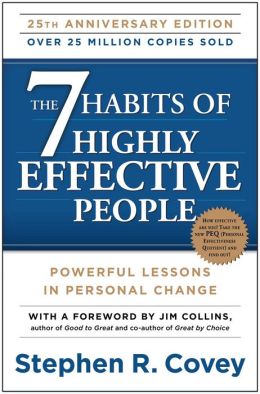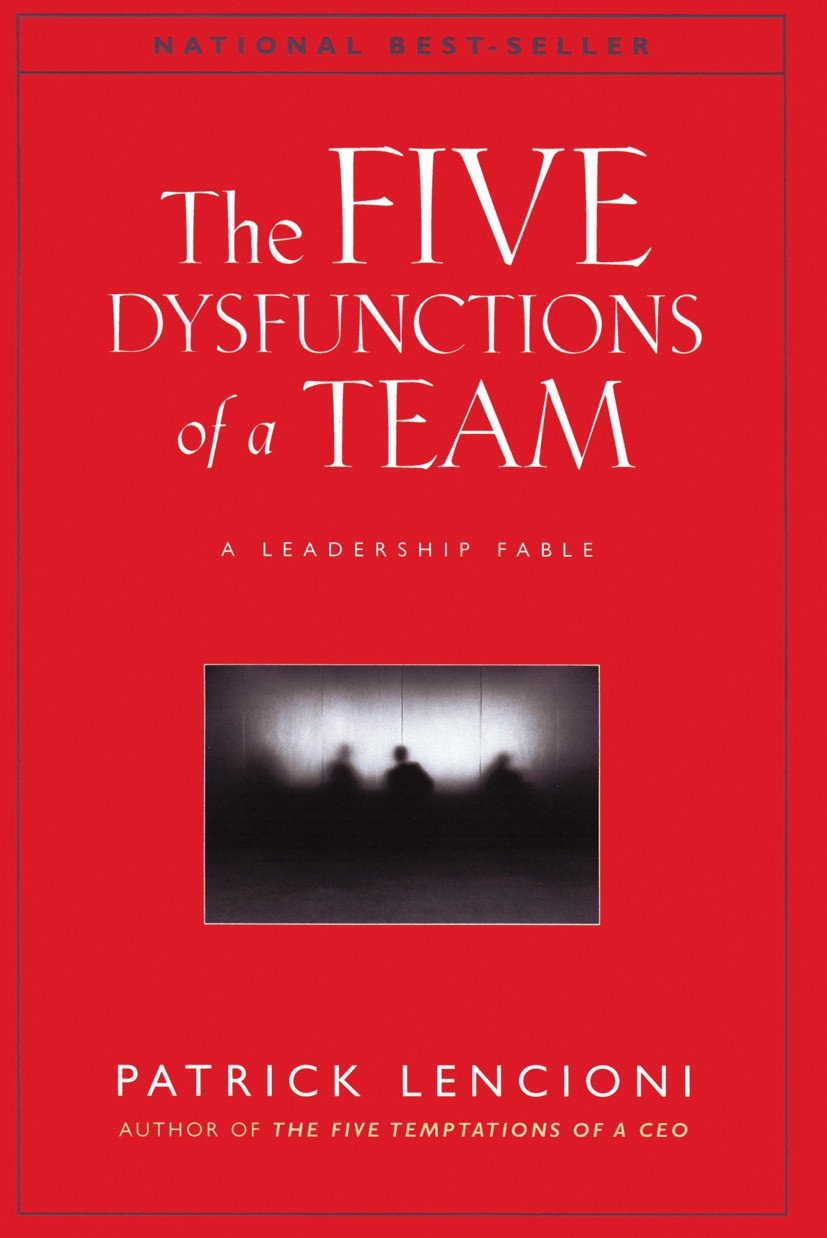Hierarchy of Needs
Hierarchy of Needs explores Maslow's theory of human motivation and its relevance in the workplace.
I have always been intrigued by human behavior, of others as well as my own. This theory helps explain, to a certain extent, why people do what they do. It is not designed to be used in a vacuum, but is a great backdrop by which to better understand others-both at home and in the workplace.
About Abraham Maslow
Abraham Maslow was an American psychologist who was made famous by creating this theory. He was a professor at several institutions and proposed this model in 1943 entitled "A Theory of Human Motivation."
He "proposed a need theory of motivation emphasizing psychological and interpersonal needs in addition to physical needs and economic necessity."
The theory asserts that only unmet needs motivate behavior.
Recently I took our vehicle in for maintenance. While there, I had the opportunity to meet the mechanic. I asked her if she enjoyed doing what she does, how she got started, etc.
I get to learn about Toyotas, but at the end of the day, cars are like people. They may look different on the outside, but they're the same on the inside.
I thought wow! What an analogy! Now, I know that people are different, and I know there is one thing that is the same for everyone: we all have needs. We may meet those needs in different ways, but at the end of the day, we all have needs.
Hierarchy of Needs
Initially, five (5) needs were identified in Maslow's Hierarchy. The sixth, Self-Transcendence, was added later.
These needs are often divided into two (2) categories:
- D - Needs (Deficit)
- B - Needs (Being)
The needs are shown below and described in ascending order.
Improve Your Relationship with Your Boss
Are you looking to improve your relationship with your boss? If so, the Boss Relationship Worksheet will help you better understand and communicate more effectively with your immediate supervisor.
To download your copy, submit your information on the form below.
After completing the Boss Relationship Worksheet, you will find that the following will prove helpful in showing you how to cultivate a better working relationship with your boss:

Physiological
Air, water and food are necessary for survival. These are physical needs that must be met. Without them the human body cannot function. In addition, clothing and shelter are necessary to protect humans from the elements.
These needs are the most important and must be met first.
Safety
According to Maslow, when physical needs are satisfied an individual seeks to address their need for safety. This includes personal and financial security, including health and well-being.
This is why we seek job security: it is a way for people to buy the things they need and want. (Many people think that money motivates, but I believe people are motivated by what money can buy.)
Love and Belonging
Love and belonging are social needs. Since "no man is an island," we were not meant to live in isolation. As a psalmist sings, "I need you. You need me.... You are important to me. I need you to survive."
We need other people and they need us. This is true in the workplace because we must work well together to achieve our goals.
Esteem
This need addresses the desire to feel respected. It includes being respected by others, as well as having a healthy level of self-respect.
It revolves around the desire to be accepted and valued by others.
In the workplace, being asked to share your idea often results in feeling valued and respected. Seeing your idea put into practice brings a greater degree of satisfaction.
Self-Actualization
Self-actualization refers to being your best possible self. It includes being and doing what you were born to be and do. This results in a person realizing their full potential.
Transcendence
Most Hierarchy of Needs do not list "Transcendence" separately.
According to Maslow's Theory, this need goes beyond "self" to satisfy needs greater than oneself. In some circles it is referred to as generativity: "concern for others and desire to contribute to the next generation."
Want To Know More?
Unmet needs can lead to conflict in relationships, both at work and outside the workplace. Check out this very interesting article by Very Well Mind.
 |
I published my first book and I am beyond excited.
Get your FREE copy of Called to Lead!
ORDER PRINT HERE
Leaders don't
create
followers.
Leaders
create
other
leaders.
- Tom Peters













